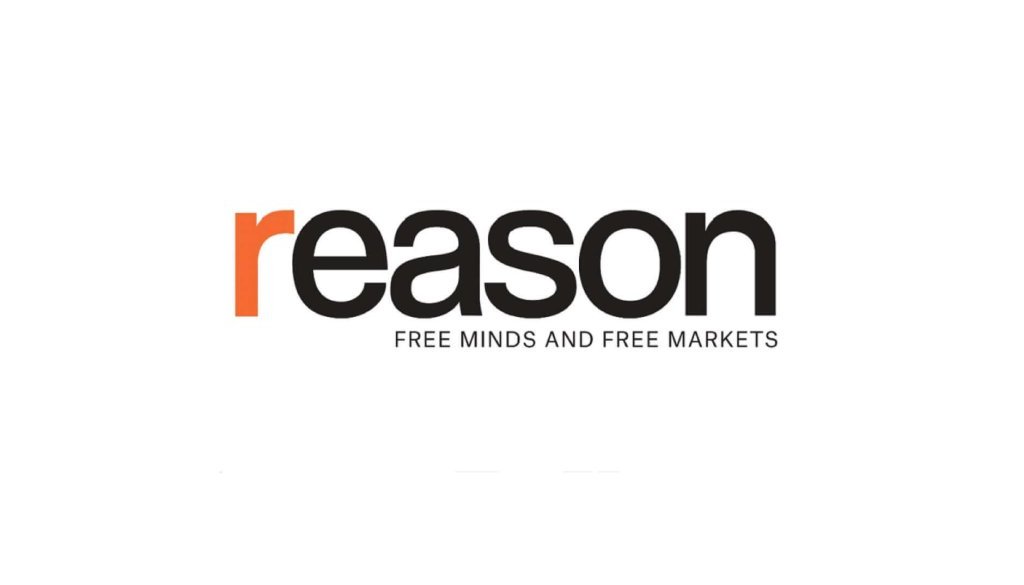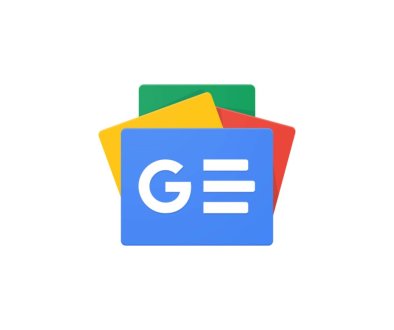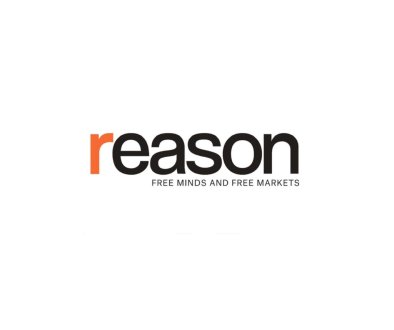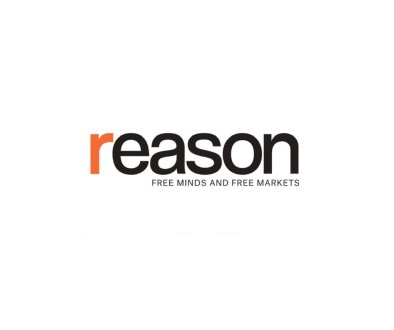Courts Are Coming for Digital Libraries
In September, a federal appeals court dealt a major blow to the Internet Archive—one of the largest online repositories of free books, media, and software—in a copyright case with significant implications for publishers, libraries, and readers.
The U.S. Court of Appeals for the 2nd Circuit upheld a lower court ruling that found the Internet Archive’s huge, digitized lending library of copyrighted books was not covered by the “fair use” doctrine and infringed on the rights of publishers.
Agreeing with the Archive’s interpretation of fair use “would significantly narrow—if not entirely eviscerate—copyright owners’ exclusive right to prepare derivative works,” the 2nd Circuit ruled. “Were we to approve [Internet Archive’s] use of the works, there would be little reason for consumers or libraries to pay publishers for content they could access for free.”
Following the decision, Maria Pallante, president of the Association of American Publishers, said in a press release that the Archive “attempted to do what no one had done before, which was to call unauthorized distribution of entire books ‘lending’ without permission.”
The Internet Archive is a nonprofit with a mission “to provide Universal Access to All Knowledge,” with an online collection of 44 million books and texts. It also operates a digital lending library called the Open Library. The Archive owns a physical copy of every book in the Open Library, and it scans and uploads them. Except for a period during the COVID-19 pandemic, the Archive has allowed only one digital copy of a book to be checked out at a time—a one-to-one owned-to-loaned ratio, just like a brick-and-mortar library.
In 2020, four publishers—Hachette Book Group, HarperCollins Publishers, John Wiley & Sons, and Penguin Random House—sued the Archive, alleging copyright infringements. A federal court ruled against the Inte
Article from Reason.com

The Reason Magazine website is a go-to destination for libertarians seeking cogent analysis, investigative reporting, and thought-provoking commentary. Championing the principles of individual freedom, limited government, and free markets, the site offers a diverse range of articles, videos, and podcasts that challenge conventional wisdom and advocate for libertarian solutions. Whether you’re interested in politics, culture, or technology, Reason provides a unique lens that prioritizes liberty and rational discourse. It’s an essential resource for those who value critical thinking and nuanced debate in the pursuit of a freer society.




